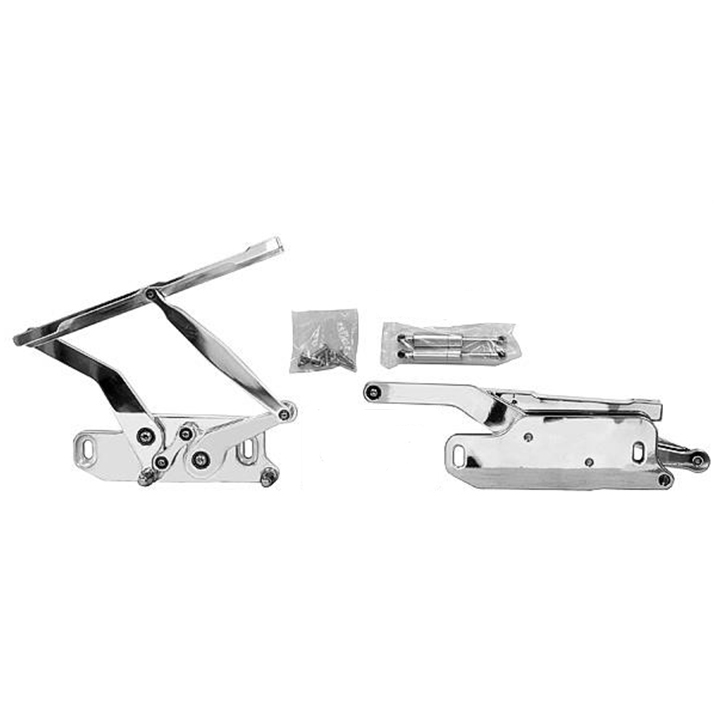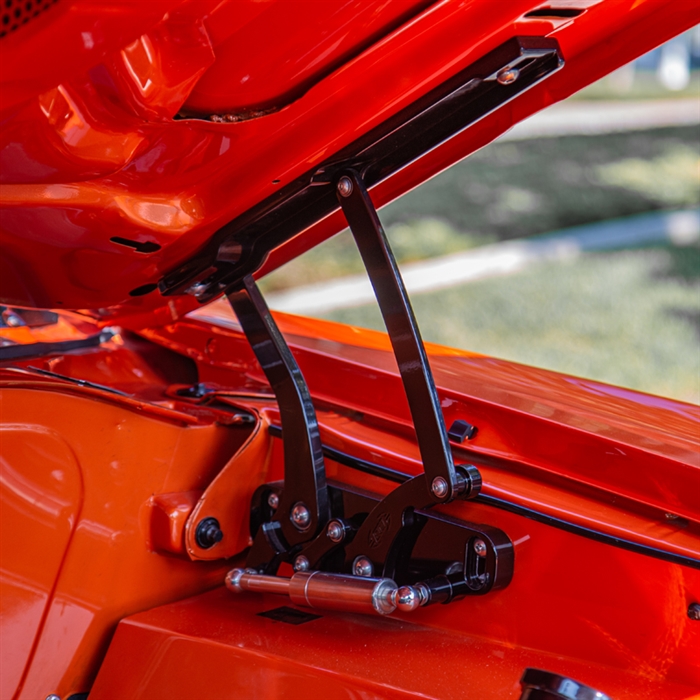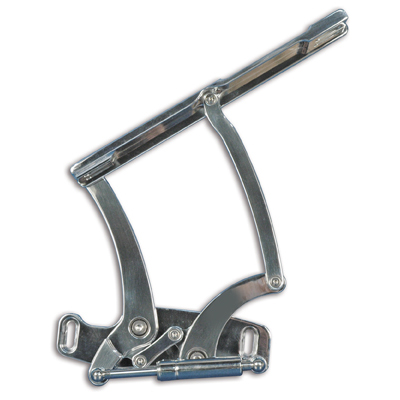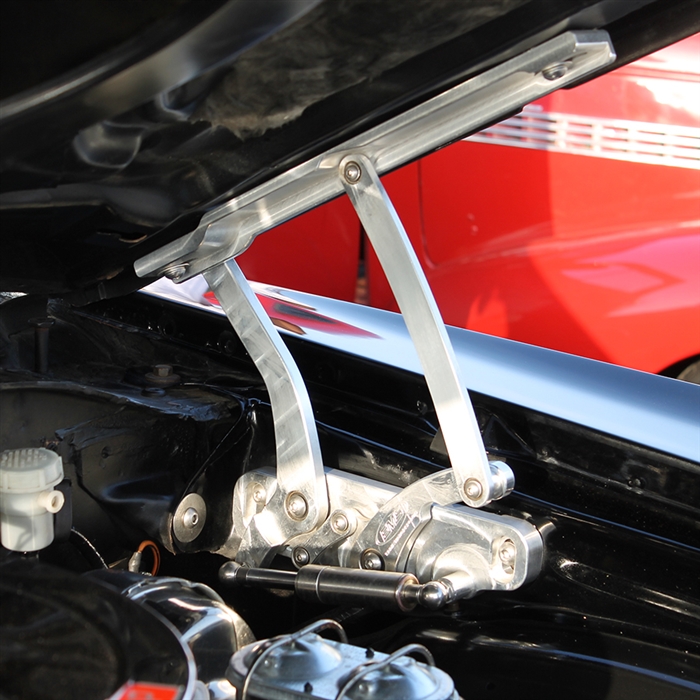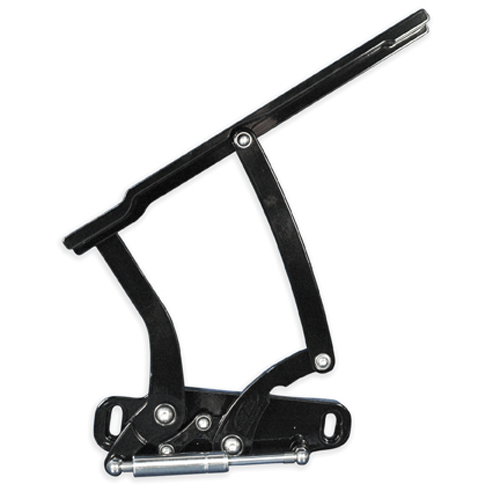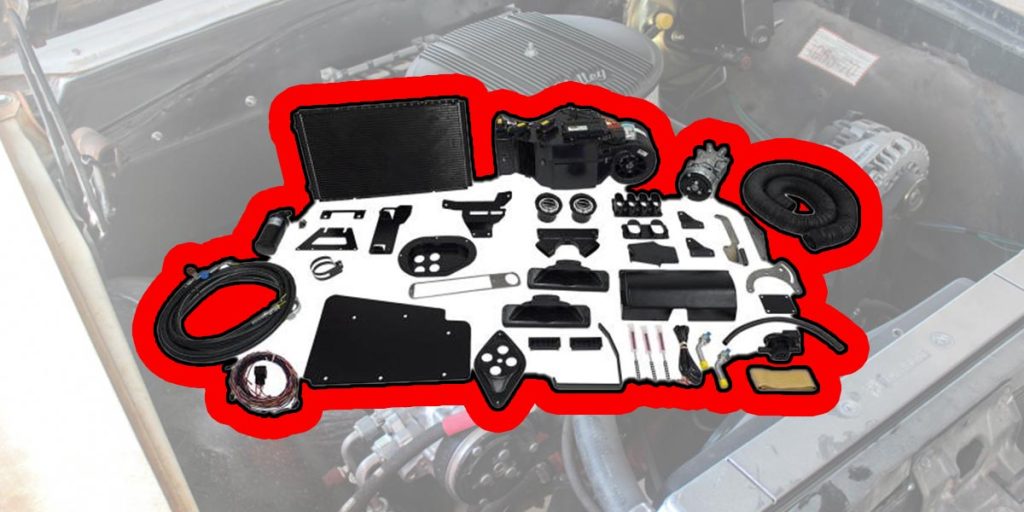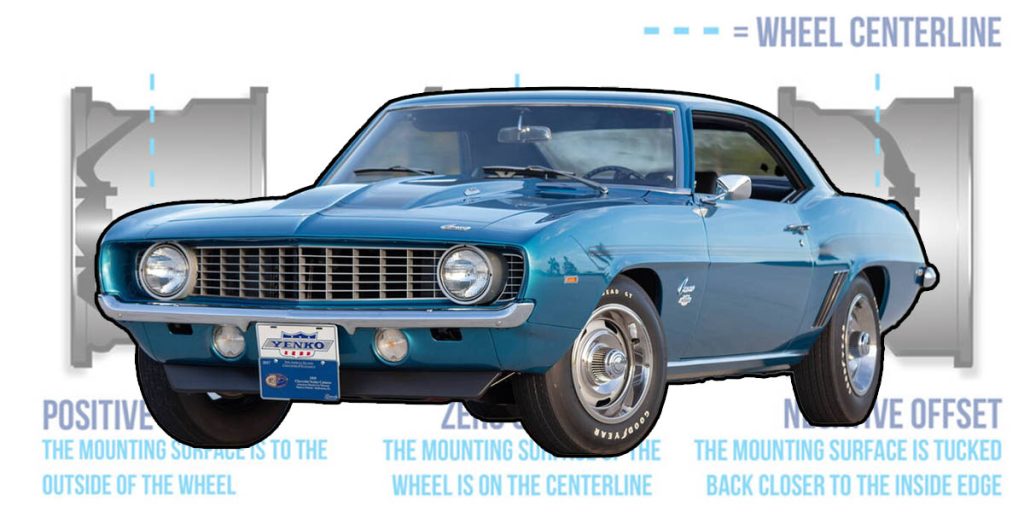
Get excited! EASTER SALE- Free Shipping On Orders Over $199
Easter Sale – Hop into Free Shipping! Get Free Shipping* when you apply the span Code: EFS25 during checkout on orders over $199, valid until 04/20/25 (9pm ET). Don’t miss out on this opportunity to save on the essential parts that keep your restoration moving forward.

